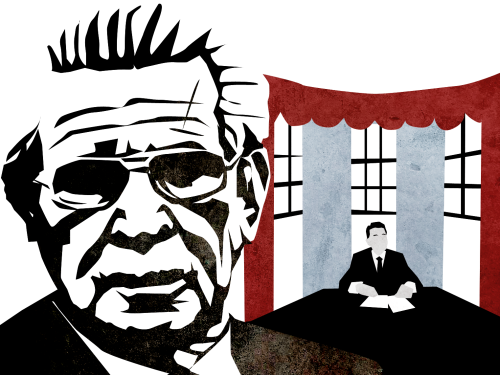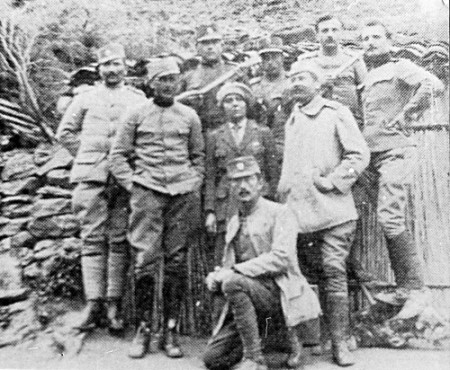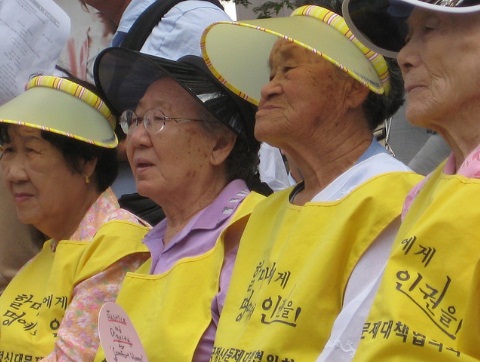
This article was originally published by OpenSecurity on 29 April, 2015.
Barring hurricanes, landslides and the occasional drug trafficking story, Guatemala doesn’t often reach our newspapers or TV screens. But in spring 2013, this small Central American country made the headlines when it put its former president on trial for genocide and crimes against humanity. The charges against General Efraín Ríos Montt and his Intelligence Chief, General Rodríguez Sanchez, were based on a military campaign in 1982-3 that targeted indigenous Mayan civilians. This was not a case of rogue troops, but sophisticated and brutal social engineering thinly masked as counter-insurgency against leftist rebels. Unlike Yugoslavia and Rwanda however, Guatemala was not given an international tribunal, or even a ‘hybrid’ war crimes court like Sierra Leone or Bosnia. Instead, justice came only 30 years later and from the most unlikely of places: an official state tribunal.




